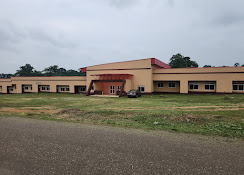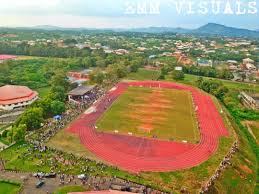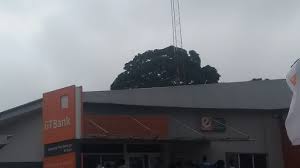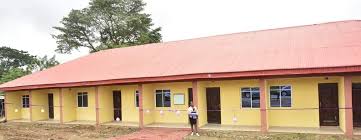Get Started with FUTA
Watch this comprehensive introduction to understand what makes FUTA special and how to successfully navigate your admission journey.
Admission Roadmap
Your step-by-step guide to securing admission into FUTA. Follow this roadmap for success.
JAMB Registration
Register for UTME and select FUTA as your first choice. Ensure you meet the subject combination requirements for your desired course.
Minimum Score: 180 (General), 200+ (Competitive courses)
Post-UTME Screening
After UTME results, register for Post-UTME screening via FUTA portal. Upload required documents and prepare for the screening test.
Timeline: Usually July-August registration
Admission & Payment
Monitor admission status through JAMB CAPS and FUTA portal. Upon admission, pay acceptance fee and school fees promptly.
Total Cost: ₦131,000 - ₦240,500
Pro Tips for Success
Choose the right subject combination early
Apply for hostels immediately after admission
Join official FUTA groups for updates
Don't rely on unofficial admission agents
Avoid late registration to prevent penalties
Don't upload blurry or incorrect documents
Accommodation Guide
Find your perfect home away from home with our comprehensive accommodation guide.
On-Campus Hostels

Akindeko Hall (Male)
Social Lifestyle

Jibowu Hall (Female)
Secure & Central
Available Halls
• Akindeko, Abiola, Adeniyi (Male)
• Jibowu, Jadesola, Awosika (Female)
• FutaScoops, Oba Adesida (Female)
Fee Range
₦35,000 - ₦300,000
per session
Off-Campus Areas
South Gate
Popular area, close to school gate, vibrant student life
North Gate
Quieter environment, walking distance to lectures
West Gate
Budget-friendly options, perfect for early birds
Rent Range
₦60,000 - ₦300,000
per year (self-contained or shared)
Monthly Living Expenses
Feeding
₦30k-50k
Transport
₦5k-10k
Data & Utilities
₦10k+
Campus Life & Facilities
Discover world-class facilities and vibrant campus life that make FUTA exceptional.

Central Library
State-of-the-art digital resources, e-books, journals, and comfortable study spaces with free WiFi.

Health Services
24/7 medical care with qualified doctors, nurses, and NHIS coverage for all registered students.

Sports & Recreation
Modern gym, football fields, basketball courts, and athletics tracks for all fitness levels.

Student Activities
50+ clubs, societies, cultural groups, and entrepreneurship societies for networking and growth.

Banking Services
Multiple banks on campus for easy access to financial services and ATM facilities.

Aluta Market
Student-friendly market with affordable food, supplies, and services within campus.
Frequently Asked Questions
Get instant answers to the most common questions about FUTA admission and student life.
How do I combine O'Level results?
FUTA accepts combinations of WAEC and NECO results. Ensure both have at least 5 credits in relevant subjects including English and Mathematics. Upload them correctly on JAMB CAPS during registration.
How do I pay acceptance fee?
Visit the FUTA Admission Portal at futa.edu.ng, log in with your JAMB registration number, generate RRR, and pay via Remita at any bank or with your debit card online.
What's the first week like?
The first week involves clearance procedures, course registration, orientation sessions, hostel allocation (if available), and campus familiarization. You'll meet your course adviser and fellow freshers.
Can I change my course?
Yes, but only after your first year. You must maintain a strong CGPA (usually 4.0+), and your desired department must approve the change based on available space and academic performance.
How do I apply for hostels?
Login to the FUTA Student Portal, navigate to accommodation section, and apply when slots are available. It operates on first-come-first-served basis, so monitor announcements closely.
What's the total cost?
Total cost for new students ranges from ₦131,000 to ₦240,500 depending on your department. This includes acceptance fee, tuition, and other mandatory charges.
Is there free WiFi?
Yes! FUTANET is available in select locations including the Digital Resource Centre, faculty buildings, some hostels, and lecture halls for academic use.
Minimum CGPA to stay?
You must maintain at least 1.5 CGPA to avoid academic probation. Consistently poor performance may lead to withdrawal from your program.
Community Questions & Suggestions
Share your questions anonymously or help fellow aspirants with answers.
